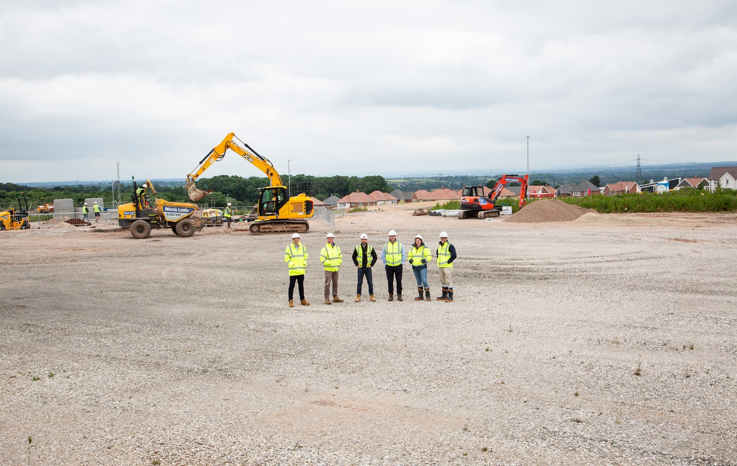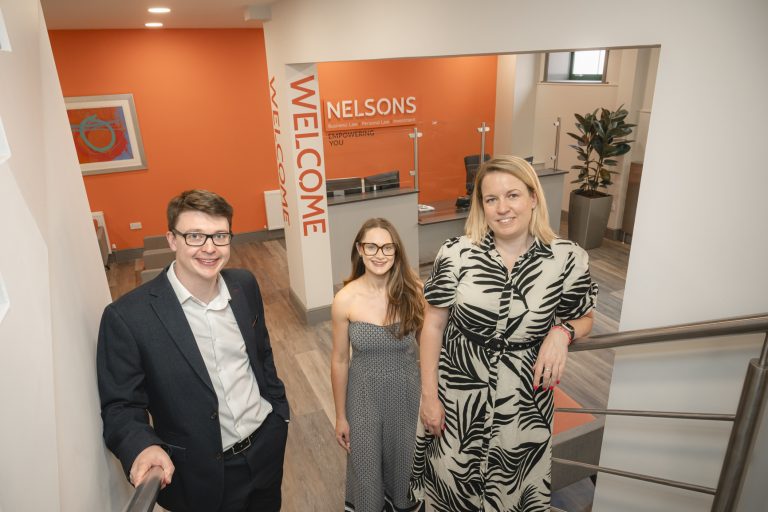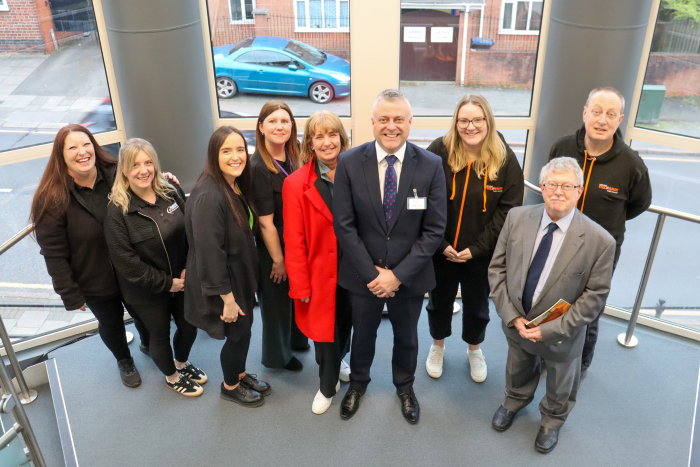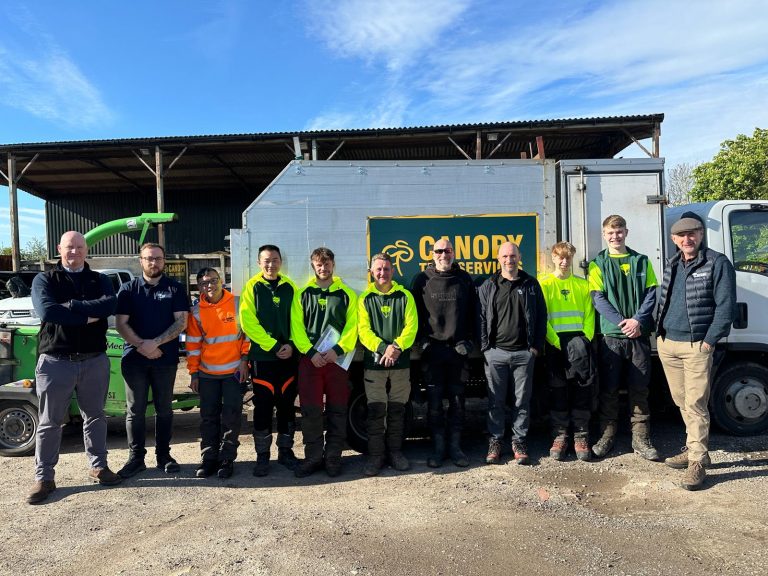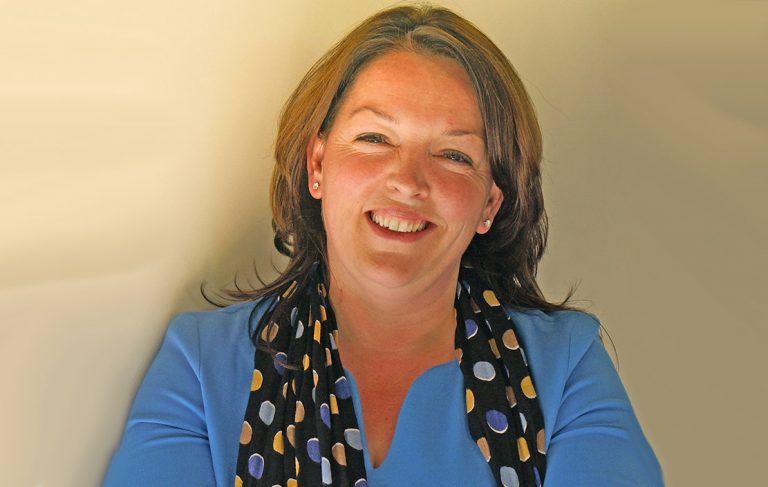Workplace inclusivity is more than a moral obligation; it is a strategic advantage that can enhance productivity, innovation, and employee satisfaction. Inclusivity ensures that every team member feels valued, respected, and empowered to contribute their best work.
Keep reading as we explore innovative strategies to foster inclusivity within organizations, highlighting practical steps and real-world examples.
Workplace Inclusivity And What It Means
Workplace inclusivity is more than just diversity. While diversity focuses on representing different demographics, inclusivity ensures that these diverse voices are heard, valued, and integrated into the organizational fabric. Inclusivity involves creating an environment where all employees, regardless of their background, feel a sense of belonging and respect.
An inclusive workplace encourages open dialogue and actively seeks out diverse perspectives. This enhances decision-making and fosters a culture of innovation. Companies prioritizing inclusivity often see higher employee engagement, better team collaboration, and improved retention rates. Creating such an environment requires a committed effort from leadership and a clear understanding of the principles of inclusivity. However, the benefits are worth the time and effort invested into creating an inclusive workplace.
Creating An Inclusive Culture
Building an
inclusive culture starts with a commitment from the top. Leadership must visibly support and model inclusive behaviors. This can be achieved by establishing clear policies that promote inclusivity and providing regular training for all employees on unconscious bias and cultural competence.
Encouraging open communication is essential. Employees should feel comfortable voicing their opinions and concerns without fear of retribution. Regular feedback mechanisms, such as surveys and anonymous suggestion boxes, can help gauge the inclusivity of the workplace environment. Additionally, recognizing and celebrating the diverse backgrounds and contributions of employees through events and awards can reinforce a sense of belonging.
Innovative Recruitment Strategies
Recruitment is another influential area where inclusivity can be fostered from the outset. Traditional hiring practices often unconsciously favor certain groups, leading to a lack of diversity. Innovative recruitment strategies can help address these biases. Blind hiring practices, where personal information is removed from applications, can ensure candidates are evaluated based on their skills and experience rather than demographics.
Diverse hiring panels can also make a significant difference. Including individuals from varied backgrounds in the recruitment process helps mitigate bias and promotes a more inclusive hiring culture. Partnering with organizations that support underrepresented groups can expand the talent pool and attract diverse applicants.
Inclusive Leadership Practices
Leaders play a pivotal role in shaping an inclusive workplace. Inclusive leadership involves:
- Actively seeking out and considering diverse perspectives.
- Promoting equity.
- Ensuring all team members have the opportunity to succeed.
Leaders should be trained in inclusive practices and encouraged to mentor and sponsor employees from diverse backgrounds.
Mentorship and sponsorship programs can provide underrepresented employees with the guidance and support needed to advance their careers. Inclusive leaders should also set clear expectations for inclusivity and hold themselves and their teams accountable for maintaining these standards. Doing so creates a culture where every employee feels valued and empowered to contribute.
Technology And Tools For Inclusivity
Technology can be a powerful ally in promoting workplace inclusivity. Tools that detect and mitigate bias in recruitment and performance evaluations can ensure fairer outcomes. Accessibility software can make the workplace more inclusive for employees with disabilities, while platforms for anonymous feedback can provide a safe space for employees to voice their concerns. For instance, AI-driven tools can analyze job descriptions and highlight biased language, ensuring more inclusive job postings. Collaboration tools that support various communication styles and languages can help create a more inclusive environment. Implementing these technologies requires a thoughtful approach to use them effectively and ethically.
PDF remediation is another critical tool for inclusivity. Many organizations use PDFs to share important documents, but these files can often be inaccessible to employees with visual impairments or other disabilities. PDF remediation involves making PDFs accessible by ensuring they are readable by screen readers, have proper tagging, and include alternative text for images.
In addition to these tools, organizations should consider implementing accessibility software that caters to various needs. This could include text-to-speech programs, screen magnifiers, and voice recognition software. These technologies can empower employees with disabilities, allowing them to perform their tasks effectively and efficiently.
Flexible Work Arrangements
Flexible work arrangements are another key component of an inclusive workplace. These arrangements can benefit diverse employees, including those with caregiving responsibilities, disabilities, or other personal circumstances. Offering remote work, flexible hours, and job-sharing options can make the workplace more accessible and accommodating.
Clear policies and guidelines are necessary to implement these arrangements fairly and effectively. Managers should be trained to manage remote teams and support employees in balancing work and personal responsibilities. By providing flexibility, organizations can demonstrate their commitment to inclusivity and support the diverse needs of their workforce.
Employee Resource Groups (ERGs)
Employee Resource Groups (ERGs) are voluntary, employee-led groups that foster a diverse and inclusive workplace. They provide a platform for employees to connect, share experiences, and support one another.
ERGs can also serve as valuable resources for organizations, offering insights into the needs and concerns of diverse employee groups.
In order to be effective, ERGs need support from leadership, including funding and opportunities to contribute to organizational decision-making. Successful ERGs can influence policies, provide mentorship, and organize events that promote inclusivity. By empowering ERGs, companies can create a more inclusive and supportive workplace culture.
Measuring And Improving Inclusivity
Measuring inclusivity is crucial for understanding initiatives’ effectiveness and identifying areas for improvement. Tools such as employee surveys, diversity audits, and inclusion indices can provide valuable data. Organizations should regularly review this data and adjust their strategies accordingly.
Continuous improvement is essential for maintaining an inclusive workplace. This involves setting clear goals, tracking progress, and holding leaders accountable for outcomes. Providing ongoing training and development opportunities can help employees stay informed and committed to inclusivity. Companies can create a more equitable and successful workplace by making inclusivity a core organizational value.
The Bottom Line
Workplace inclusivity is essential for fostering a productive, innovative, and engaged workforce. By adopting innovative approaches and continuously striving for improvement, organizations can create an environment where all employees feel valued and empowered. Implementing these strategies not only benefits the employees but also contributes to the organization’s overall success. Promoting inclusivity is a step towards a more equitable and prosperous future for everyone involved.















